Exports of Irish food for March 2022 increased in value by €167m to €1,036m or 19% when compared with the same month last year, according to the Central Statistics Office (CSO).
However, live animal exports fell from €29m to €28m in value over the same period.
The growth in the value of Irish food exports is seen across a number of food commodities including meat, with export values up some 25% from €324m in March 2021 to €406m for the same month this year.
There was a 30% increase in the value of Irish dairy and egg exports, from €205m in March 2021 to €267 in March 2022.
Notably, at a time when concerns over Ireland’s animal feed and fodder security continue, the value of animal feedstuff exports increased in value by 5% when comparing the same two months in 2021 and 2022.
However, this is largely reflective of the increase in the prices paid on the international market for such exports and not additional volumes.
Agricultural materials
Meanwhile, Ireland also imported a higher value of materials for further agricultural production in March 2022 when compared with March 2021.
In total, these imports increased in value from €275m to €424m or by some 54% when comparing the two months, according to the CSO.
Geographically, the value of agricultural material imports into Ireland grew across the board.
Materials imported from Great Britain and Northern Ireland grew in value by €15m from €60m to €75m, while such imports from the European Union (EU) grew in value for the month of March by 40% to €173m when compared with the same month last year.
Fertiliser
Fertiliser imports into Ireland in March 2022 increased in value from €18m to €20m when compared with March 2021.
However, when analysing the value of fertiliser imports for the first quarter of 2022 (January-March), the CSO found that their value had increased from €39m to €55m when compared with the same period last year.
Irish Farmers Journal analysis indicates that this increase in the value of fertiliser imports is reflective of the higher prices paid for product and not increased fertiliser import volumes.



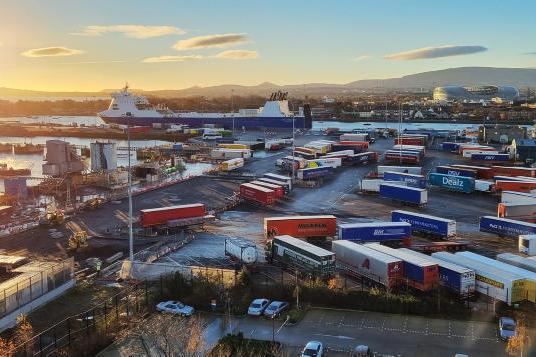

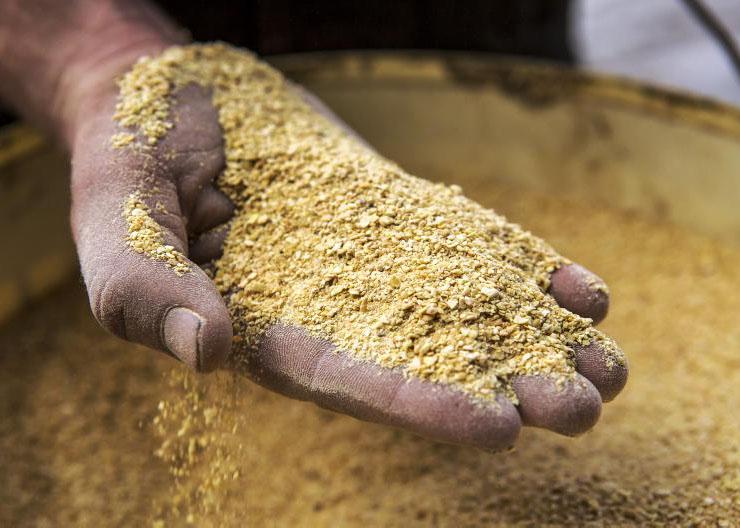

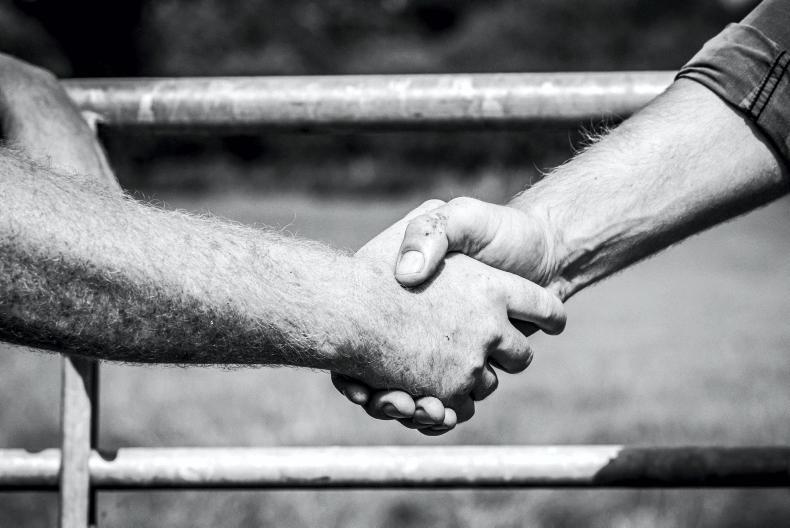
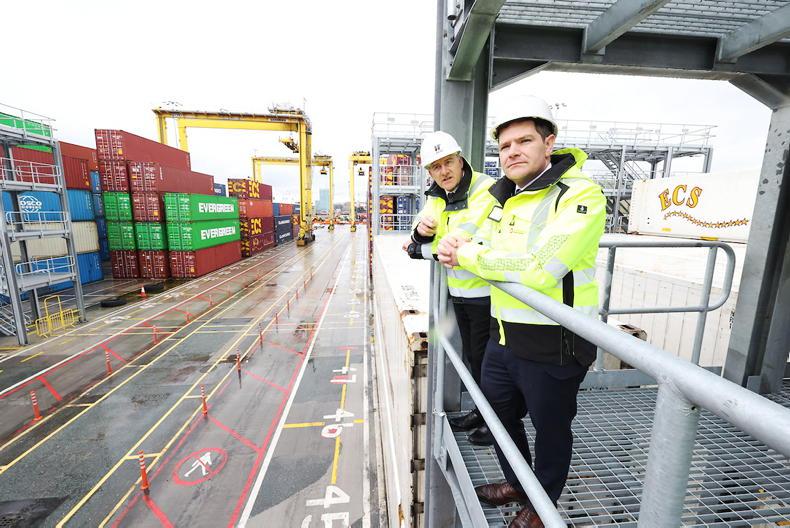
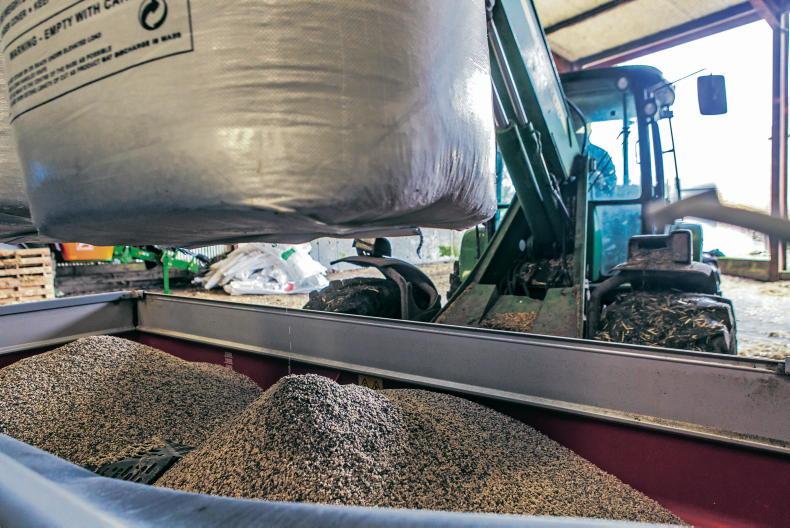
SHARING OPTIONS